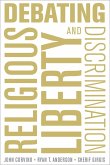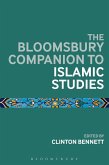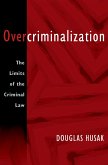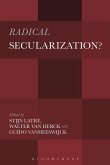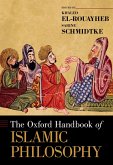In Crime and Punishment in Islamic Law: A Fresh Interpretation, Mohammad Kamali considers problems associated with and proposals for reform of the hudud punishments prescribed by Islamic criminal law, and other topics related to crime and punishment in Shariah. He examines what the Qur'an and hadith say about hudud punishments, as well as just retaliation (qisas), and discretionary punishments (ta'zir), and looks at modern-day applications of Islamic criminal law in 15 Muslim countries. Particular attention is given to developments in Malaysia, a multi-religious society, federal state, and self-described democracy, where a lively debate about hudud has been on-going for the last three decades. Malaysia presents a particularly interesting case study of how a reasonably successful country with a market economy, high levels of exposure to the outside world, and a credible claim to inclusivity, deals with Islamic and Shariah-related issues. Kamali concludes that there is a significant gap between the theory and practice of hudud in the scriptural sources of Shariah and the scholastic articulations of jurisprudence of the various schools of Islamic law, arguing that literalism has led to such rigidity as to make Islamic criminal law effectively a dead letter. His goal is to provide a fresh reading of the sources of Shariah and demonstrate how the Qur'an and Sunnah can show the way forward to needed reforms of Islamic criminal law.
Dieser Download kann aus rechtlichen Gründen nur mit Rechnungsadresse in A, B, BG, CY, CZ, D, DK, EW, E, FIN, F, GR, HR, H, IRL, I, LT, L, LR, M, NL, PL, P, R, S, SLO, SK ausgeliefert werden.





